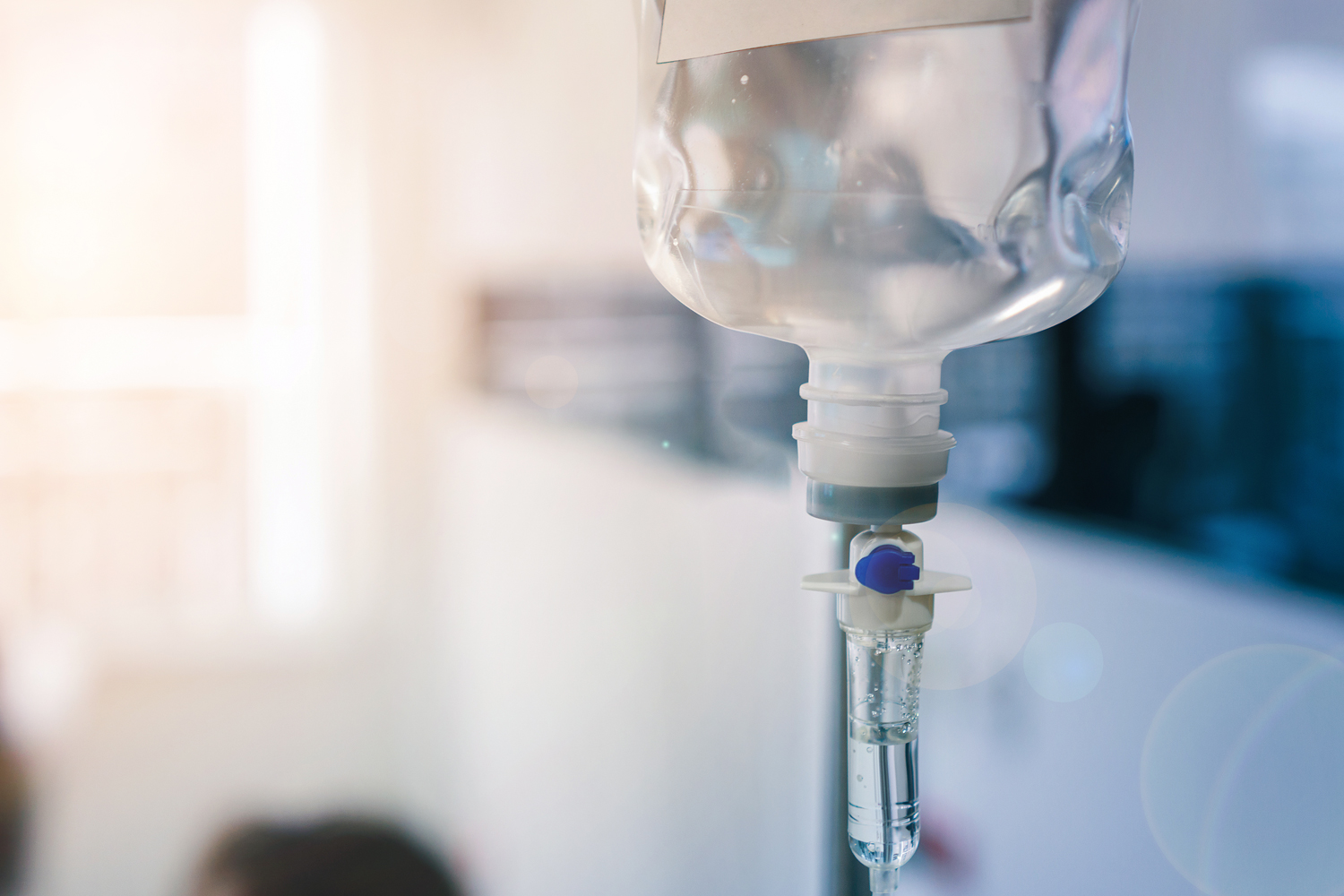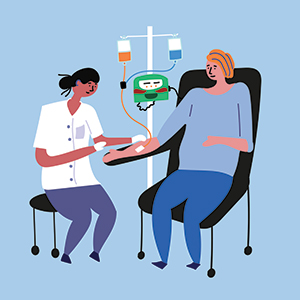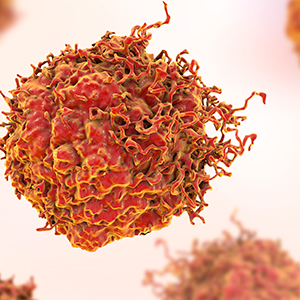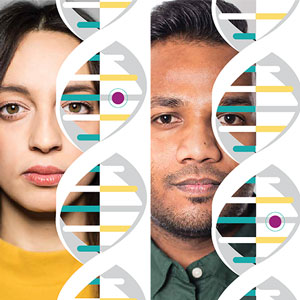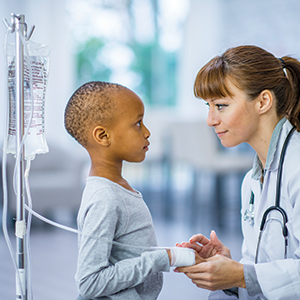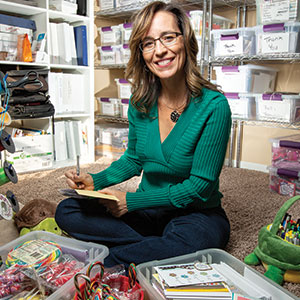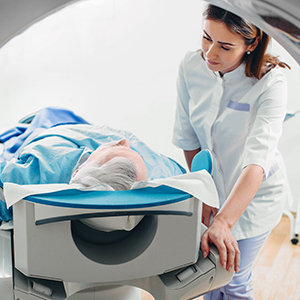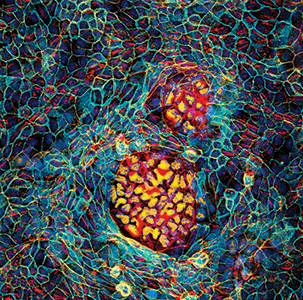-
Forward Look
Early Chemotherapy Dose Reductions May Affect Breast Cancer OutcomesNew study explores impact of lowering dose due to side effects.
by Jane Langille
-
Forward Look
What’s Next? Winter 2019/2020Treating prostate cancer with fewer side effects.
by Bradley Jones
-
Secure Connections
Patients find each other online and get support they say is unparalleled, but with openness comes concern about privacy.
by Kate Yandell
-
BRCA: Who Should Be Tested?
Genetic testing for mutations in the BRCA1 and BRCA2 genes creates opportunities for cancer risk reduction. But 25 years after the mutations were discovered, some who could benefit from testing are still left out.
by Sue Rochman
-
Forward Look
Targeted Treatments for TotsNew law mandates that cancer drugs get tested in kids in clinical trials.
by Sharon Tregaskis
-
Forward Look
Medicare to Cover CAR-T Cell TherapyHigh cost may still limit access.
by Nancy Averett
-
Survivor Profile
Handle With CareBrain cancer survivor Lanette Veres sends cards and packages to others with the disease. She believes no one should face cancer alone.
by Lindsey Konkel
-
From the Editor-in-Chief
Human Papillomavirus Vaccines: Bad News, Good News and Great NewsIncreased vaccination rates can help reduce cervical cancer as a worldwide health threat.
by William G. Nelson, MD, PhD
-
Forward Look
Screening for Lung Cancer in Rural AreasPrograms aim to increase awareness of benefits.
by Sue Rochman
-
Turning Up the Heat on Cancer
Researchers are working to expand the benefits of immunotherapy by making “cold” tumors “hot” so they can respond better to treatments.
by Kendall K. Morgan
Cancer Talk
Lessons From 20 Years Living With Cancer
Multiple myeloma survivor Jonathan Gluck reflects on uncertainty, and the scientific progress that has kept him living with cancer for more than two decades.
by Eric Fitzsimmons
The Enduring Importance of Cancer Disparities ResearchOpening session from AACR conference highlights how perseverance and adversity have informed cancer disparities research over the years.
by Eric Fitzsimmons
Most Cancer Survivors Don’t Meet Healthy Diet GoalsDespite research linking fruits and vegetables to cancer survival, many people do not change their eating habits after diagnosis.
by Darlene Dobkowski
Many People Don’t Get Colonoscopy After Receiving Abnormal Blood TestsAbout half of people who receive abnormal results from colorectal cancer screening tests don’t follow up with a colonoscopy.
by Laura Gesualdi Gilmore

